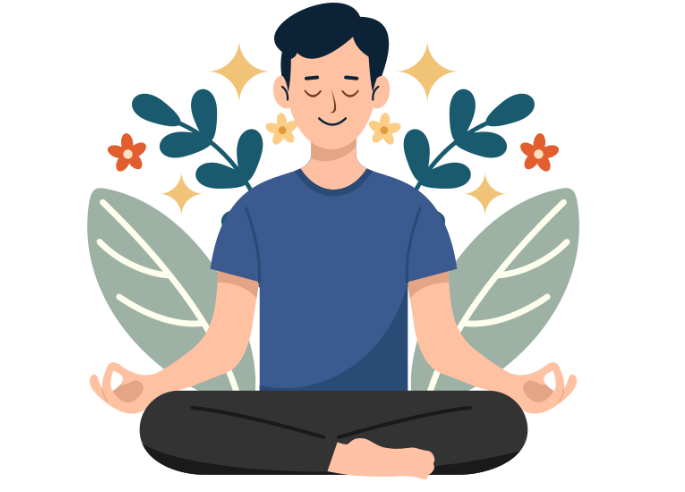
Men’s Mental Health Matters: Why We Must Talk About It
Every November, the world turns its focus to men’s mental health. Yet despite increasing awareness, many men continue to suffer in silence. They push through emotional pain, bury stress under responsibility, and are often expected to be the “strong one” in every situation. But strength is not the absence of struggle. Real strength lies in acknowledging it.
Men face unique emotional battles shaped by culture, expectations, and silence. And when those struggles go unspoken, they can take a heavy toll on wellbeing. This is exactly why conversations like these matter.
Why We Need This Conversation
Men are less likely to seek mental health support. In Nepal, only about 40 percent of adults with anxiety or depression have ever spoken to someone about their symptoms, and men are even less likely to reach out for help (Pandey et al., 2024).
Men die by suicide at significantly higher rates. Police data from Nepal show that in the fiscal year 2023/24, 3,727 adult men died by suicide compared to 2,573 women — a stark difference that cannot be ignored (Nepal Police, 2024).
Men face intense pressure to “be fine” all the time. Research in South Asia highlights cultural expectations for men to remain strong, emotionally restrained, and self-reliant — beliefs that prevent many from expressing vulnerability (Möller-Leimkühler, 2002).
Stress-related health problems are more common in men. Fewer than 15 percent of individuals who die by suicide in Nepal had any contact with health services beforehand, revealing unmet emotional and psychological needs, especially among men (Upadhyaya & Pol, 2017).
These realities remind us that the silence surrounding men’s mental health isn’t simply harmful — it’s deadly.
What Holds Men Back?
Many men grow up hearing:
“Don’t cry.”
“Man up.”
“Handle it yourself.”
“Be strong for the family.”
These messages may come from a loving place, but over time they teach boys — and later men — that struggling emotionally makes them weak or less masculine. So instead of reaching out, they withdraw. Instead of asking for help, they convince themselves they don’t need it.
When support is replaced with silence, pain becomes heavier.
Changing the Story
Improving men’s mental health does not demand drastic action - it starts small:
• Ask a friend if he’s really doing okay.
• Encourage open conversation at home.
• Challenge stereotypes that say men shouldn’t feel deeply.
• Create safe spaces where men can express fear, stress, or sadness without judgment.
When men feel seen, heard, and supported, their emotional worlds can finally breathe.
You Are Allowed to Ask for Help
If you are a man reading this - your emotions are not a burden, and vulnerability does not diminish your worth. Reaching out is not giving up. It is taking control.
Help is not a last resort. Help is a form of healing.
Happy Minds is Here for You
At Happy Minds, we are committed to making mental healthcare accessible, safe, and stigma-free. If you or a man you care about is struggling, support is only a conversation away.
📌 Book a counselling session today — because your mental health matters, and your story deserves care
